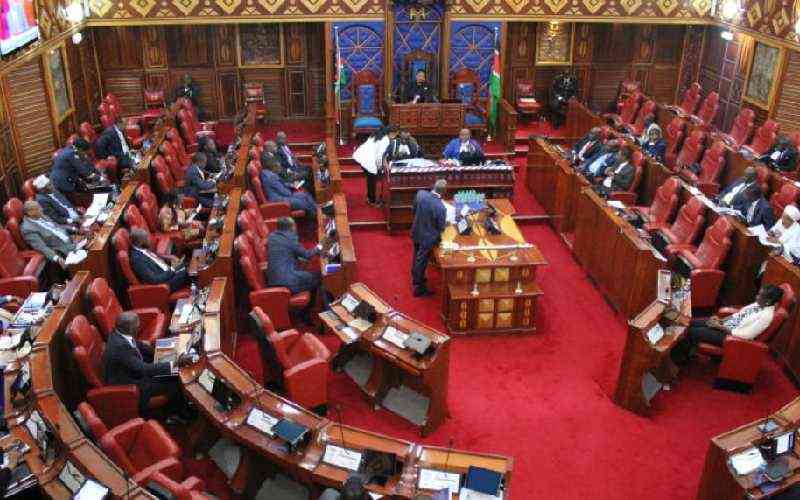×
The Standard e-Paper
Join Thousands Daily

One year after the Senate Committee on Labour and Social Welfare visited Saudi Arabia to investigate the challenges faced by migrant workers, senators are pushing for new policies to safeguard the rights of Kenyans working in Middle East countries.
Senate has passed a motion by Nominated Senator Veronica Nduati recommending that the Ministry of Labour and Social Protection amends the national labour migration regulatory framework policy to address labour exportation management.